RSS
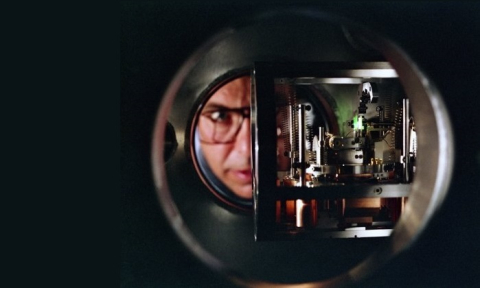
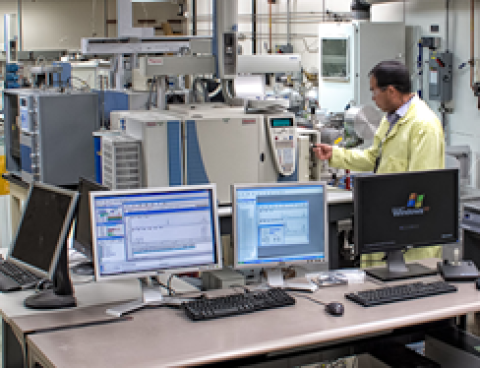
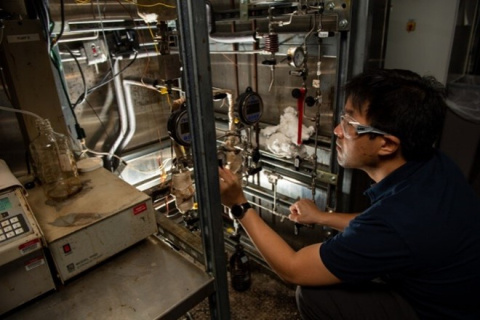
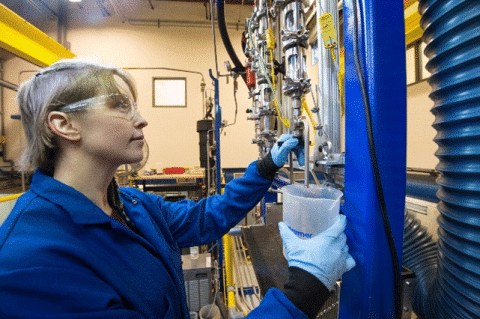
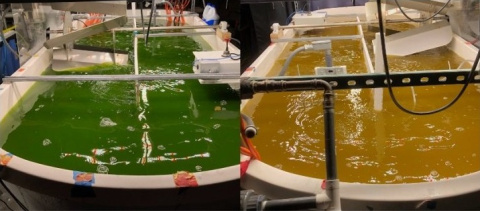
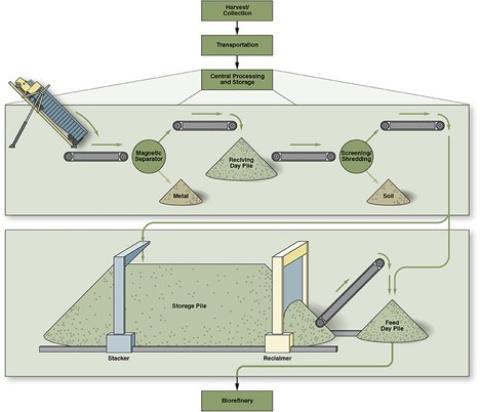
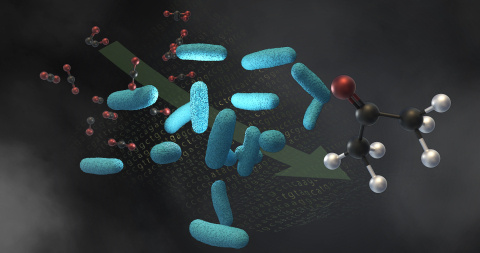


Diverse Group of Entrepreneurs Receive $21.8 Million as part of Small Business Innovation Research and Small Business Technology Transfer Programs
Thinking she would work in legal research, Sheila Dillard found herself being professionally rewarded for her communications and outreach abilities. Learn more about her 27-year journey that took her from buildings to bioenergy.

Co-processing biomass-derived oil with crude oil in existing refineries is an effective way to stimulate the market for sustainable transportation fuels. With this approach, the fuel produced by co-producing bio-oil and petroleum can still be “dropped in”

PNNL research elevates possibility of co-processing and looks to reduce deployment risks

Upgrading bio-oils with petroleum feedstocks at existing refineries—known as “co-processing”—could offer a fast pathway for lowering the carbon footprint of today’s transportation fuels.

Algae are an exciting renewable feedstock for the future of fuels and products. One particularly interesting application, which the U.S. Department of Energy (DOE) Bioenergy Technologies Office (BETO) is exploring, shows the potential to turn

How Idaho National Laboratory's Dr. Lynn Wendt has come to understand and mitigate the detrimental impacts of biomass decay after harvest.

One of the most exciting things about bioenergy is the potential for one innovation to solve multiple problems. Last September, the U.S. secretaries of energy, transportation, and agriculture announced the Sustainable Aviation Fuel (SAF) Grand Challenge,

Supported by the U.S. Department of Energy Bioenergy Technologies Office, the National Renewable Energy Laboratory is striving to bring more sustainable aviation fuel to the market.
EERE's Bioenergy Technologies Office is releasing two separate requests for information. One for community-scale organic waste and another regarding biomass conversion research and development

